

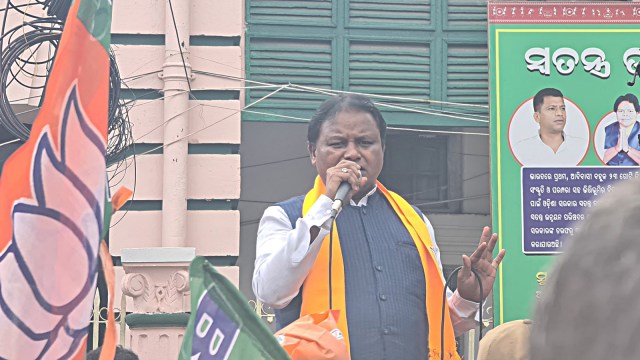
Mohan Majhi, a four-time MLA from Keonjhar and a prominent adivasi face of the Bharatiya Janata Party, has been named as the first tribal chief minister of Odisha. Along with Majhi, two deputy chief ministers – KV Singh Deo and Pravati Parida – have also been announced by the BJP government. This marks a historic moment for Odisha, as it will have a tribal CM after 1999, and also a woman deputy CM for the first time in its history.
Odisha Appoints First Tribal Chief Minister and Deputy Chief Ministers
History was made in Odisha as Mohan Majhi, a four-term MLA from Keonjhar, became the first tribal chief minister of the state. This marks a significant milestone in Odisha's political landscape, as no tribal has held the top post since 1999.
Alongside Majhi, two deputy chief ministers have also been appointed by the Bharatiya Janata Party (BJP) government: KV Singh Deo and Pravati Parida. Notably, Parida is the first woman to serve as deputy chief minister in Odisha's history.
Background:
Odisha has a significant tribal population, accounting for over 22% of the state's total population. However, despite their sizable presence, tribal representation in the state's highest offices has been limited.
The appointment of Majhi as chief minister is seen as a significant step towards addressing this historical disparity. Majhi, an adivasi from the Keonjhar region, has a strong connection with the tribal community and is expected to bring their perspectives and concerns to the forefront.
Top 5 FAQs and Answers:
1. Who is Mohan Majhi? A four-term MLA from Keonjhar, Majhi is a prominent adivasi face of the BJP. He is the first tribal chief minister of Odisha since 1999.
2. What is the significance of Majhi's appointment? It marks a historic moment for Odisha, breaking the long-standing absence of tribal representation in the chief minister's office and recognizing the significant role of tribal communities in the state.
3. Who are the deputy chief ministers of Odisha? KV Singh Deo and Pravati Parida have been appointed as deputy chief ministers. Deo is a veteran leader from the western part of Odisha, while Parida is the first woman deputy chief minister in the state's history.
4. What are the potential challenges for Majhi's government? Addressing the needs of the tribal community and promoting their well-being will be central challenges for Majhi's government. Additionally, issues such as poverty, healthcare, and infrastructure development in tribal areas require urgent attention.
5. What are the expectations of the people of Odisha? The people of Odisha expect the new government to focus on inclusive development, creating opportunities for all sections of society, including the tribal community. They also hope for a responsive and transparent administration that addresses the concerns of the people.
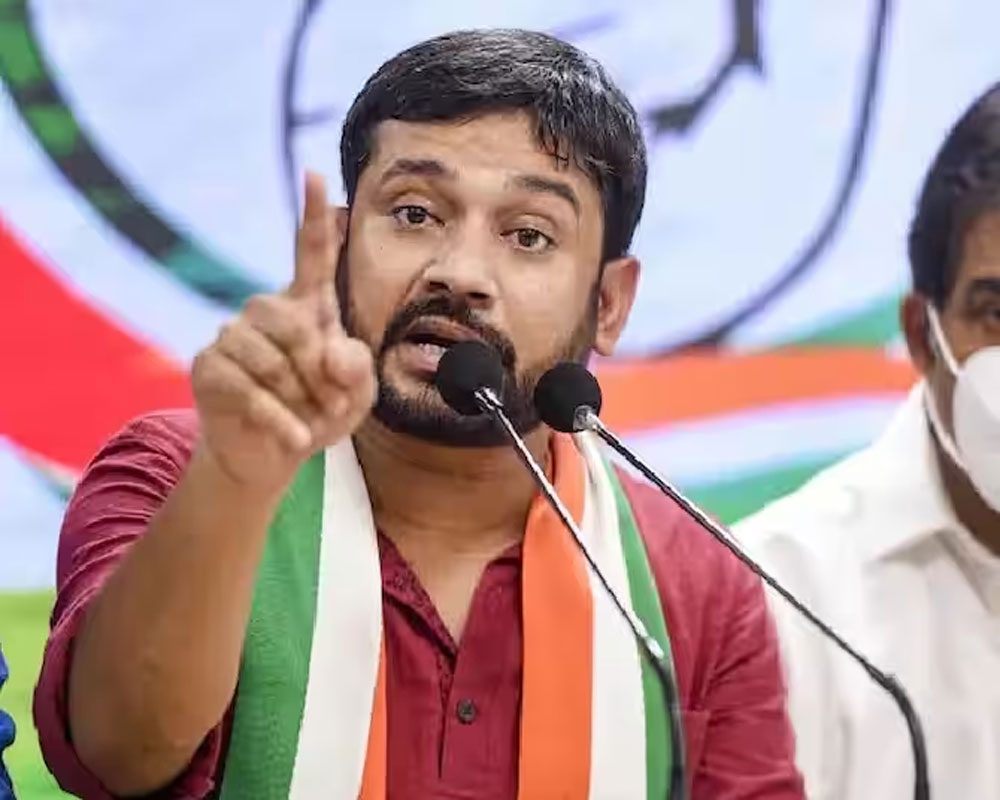
Amid preparations for the crucial Delhi assembly elections in 2025, the Congress has appointed Qazi Nizamuddin as the AICC in-charge of the state, replacing Deepak Babaria. This comes after all Shiv Sena MLAs unanimously chose Eknath Shinde as the leader of the legislative party. Meanwhile, Haryana Assembly Speaker Harvinder Kalyan has formed committees of the assembly which will work till March 31, 2025, with members from various political parties. Additionally, Nepal's trade deficit has crossed Rs 460 billion in the first four months of the current fiscal year, highlighting the economic challenges faced by the country.
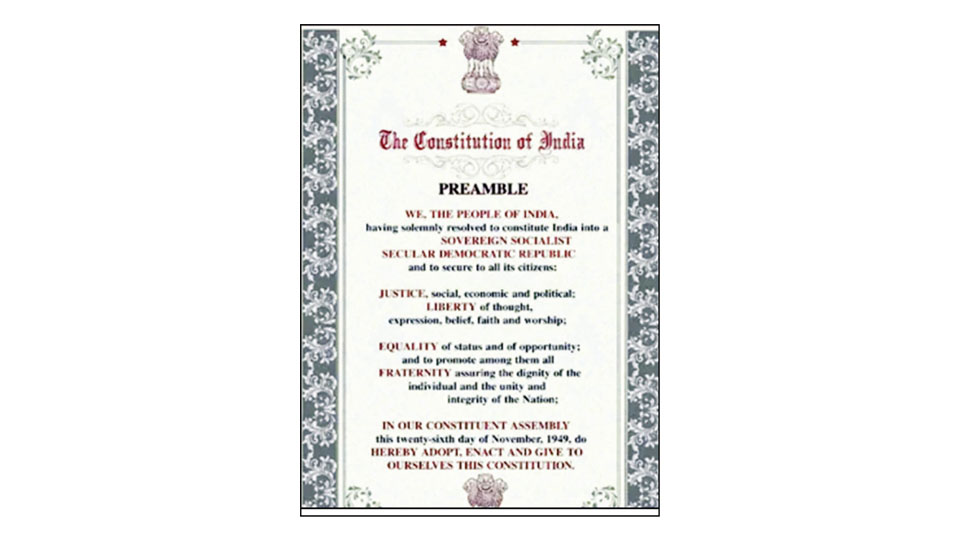
The Supreme Court has rejected three petitions seeking to delete the words 'secular' and 'socialist' from the Preamble of the Constitution of India. The Court stated that the power to amend the Constitution extends to the Preamble and that the words were inserted in 1976 during a national emergency. The Court also clarified that the terms 'secular' and 'socialist' do not restrict economic policies and reflect the State's commitment to equality and welfare. The petitions were filed by former BJP leader Subramanian Swamy, advocate Ashwini Upadhyay, and Balram Singh.
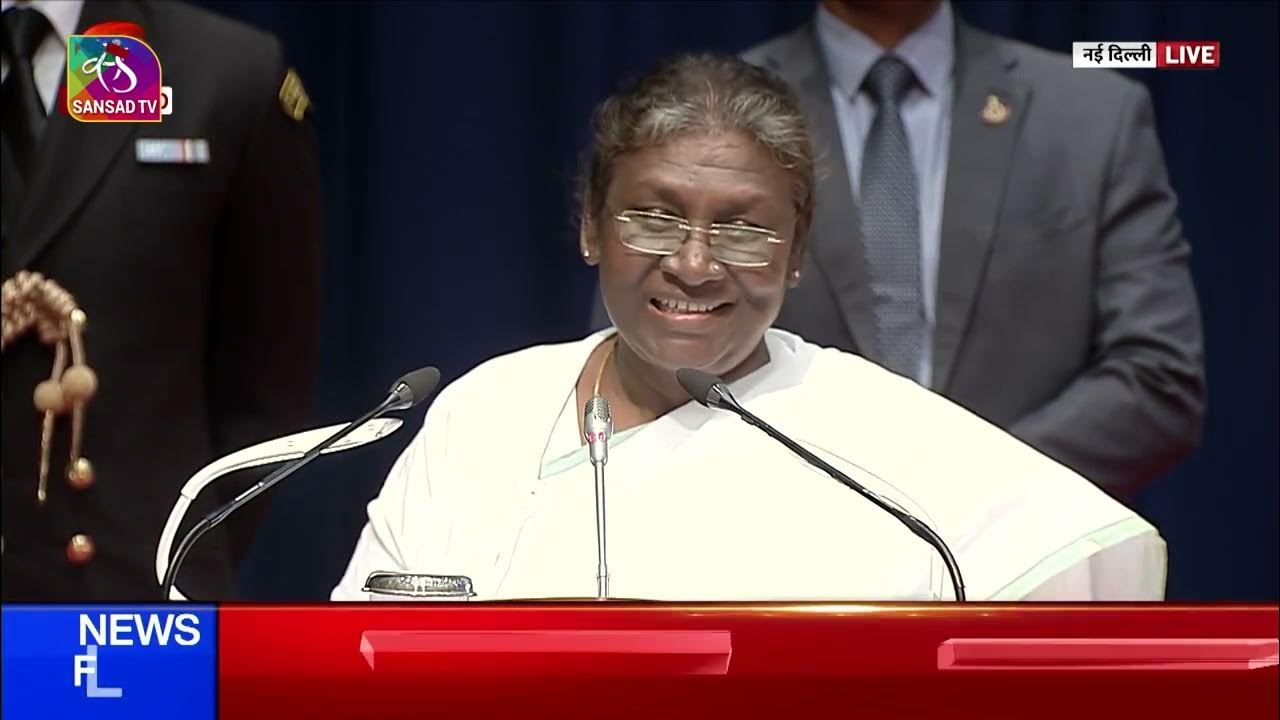
As India celebrates Constitution Day on November 26, President Droupadi Murmu delivered a joint address to both Houses of Parliament, marking 75 years of the adoption of India's Constitution. In her speech, she highlighted the government's efforts towards the welfare of all sections of society, especially the weaker sections. This day is observed every year as a tribute to Dr. B.R. Ambedkar, Chairman of the Drafting Committee of the Constitution, on his 125th birth anniversary.
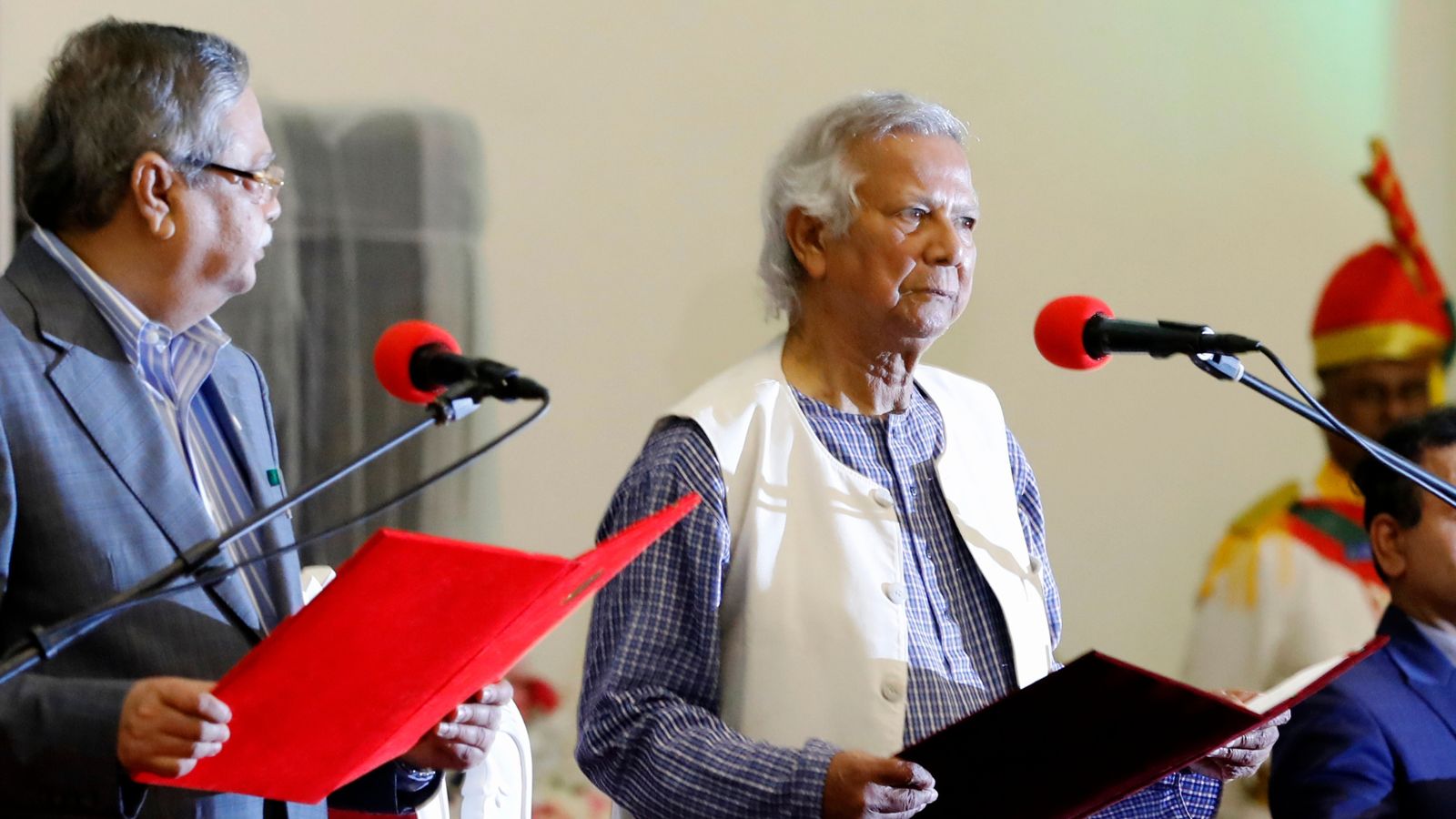
Bangladesh's chief advisor, Muhammad Yunus, has condemned the violent clashes that erupted over the arrest of a Hindu religious leader and ISKCON monk Chinmoy Krishna Das Prabhu. A public prosecutor was killed in the clash, prompting the government to order an investigation and increase security in Chittagong. The arrest of the monk, who is associated with a group advocating for the protection of Hindu minorities, has sparked outrage among his supporters.
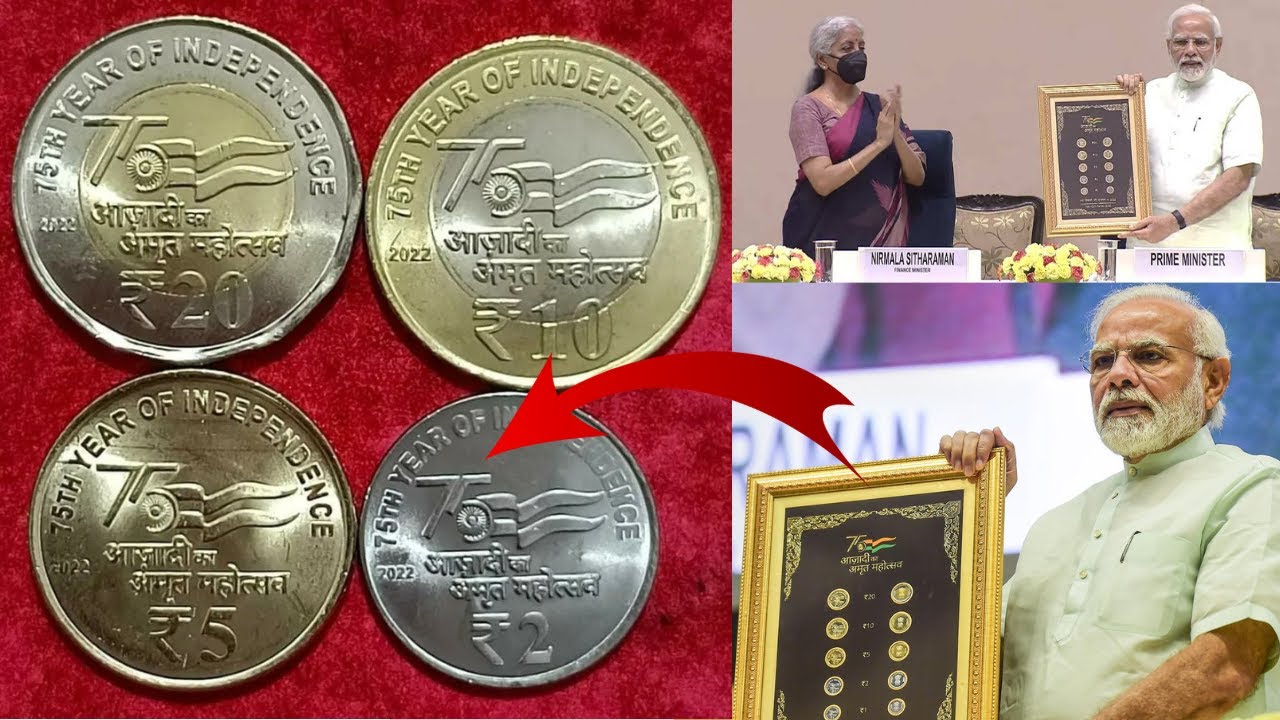
On Constitution Day, both the Prime Minister and President emphasized the significance of the Constitution in shaping India's progress and development. At the PMO and Supreme Court celebrations, officials and leaders reflected on the document's role in achieving social justice and inclusivity. The release of a special coin and stamp serves as a commemoration of the Constitution's 75 years of impact.
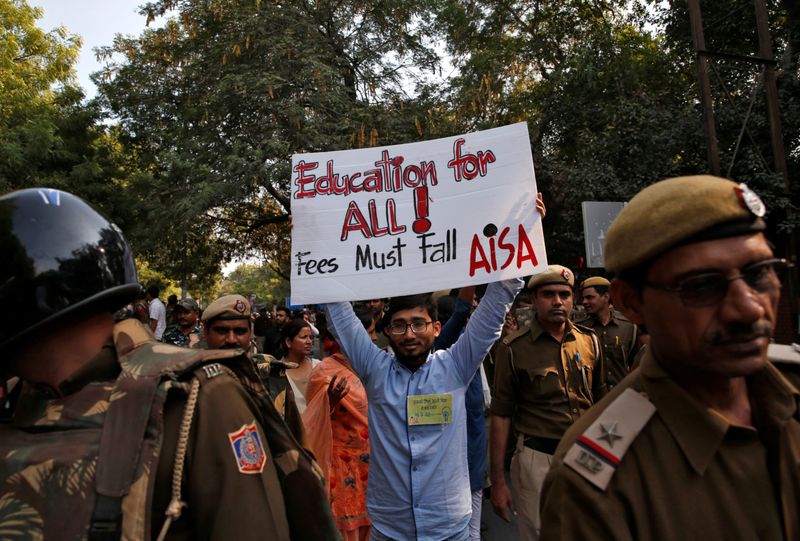
A protest was held in Himachal Pradesh's Hamirpur district against the planned shutdown of a charitable hospital managed by Radha Soami Satsang Beas in Bhota. The hospital, which has been operating since 2000 and serves over 100,000 people, is facing closure due to unresolved land transfer issues. Despite claims by the hospital administrator that the closure notice was issued by the sect's management, the state government has yet to guarantee the hospital will continue to operate. This move has caused concern among residents who rely on the free healthcare services provided by the hospital.

"Madhya Pradesh CM Invites Investors to State's Global Investors Summit, Highlights Development Progress Made Under PM Modi's Leadership" Madhya Pradesh Chief Minister Mohan Yadav attended an event in London, where he invited investors to the state's upcoming Global Investors Summit. In his address, CM Yadav highlighted the development work undertaken in the state, crediting the leadership of PM Modi. He also spoke about the various sectors in Madhya Pradesh, such as infrastructure and healthcare, that have seen significant progress under the government. With subsidies and incentives in place, CM Yadav emphasized that the state is ready to welcome investors and create a positive impact for both Madhya Pradesh and the country.
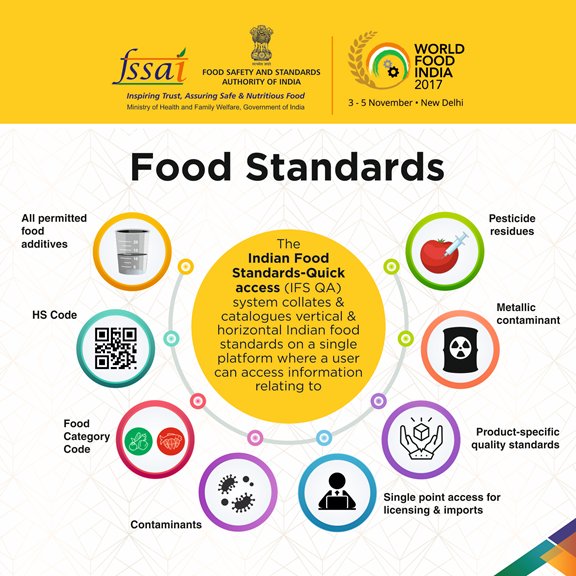
The Food Safety and Standards Authority of India (FSSAI) has rejected food consignments from various countries, citing concerns over food safety and quality. This decision highlights India's growing vigilance in regulating food imports and safeguarding public health. Stakeholders are urged to ensure compliance with safety norms to avoid similar rejections in the future. With increasing scrutiny on imported goods, the rejection of these consignments reflects the FSSAI's commitment to enforcing strict regulations and protecting consumer interests in the face of global supply chain challenges.

Chinmoy Krishna Das Brahmachari, a well-known Hindu leader in Bangladesh, has been arrested by the Detective Branch of Dhaka Metropolitan Police on charges of sedition. His arrest has sparked protests and drawn international attention to the ongoing religious tensions and discrimination against minorities in the country. Despite efforts by his legal team, he has been denied bail and transferred to jail. The Indian Ministry of External Affairs has also expressed deep concern over the incident and the treatment of minorities in Bangladesh.
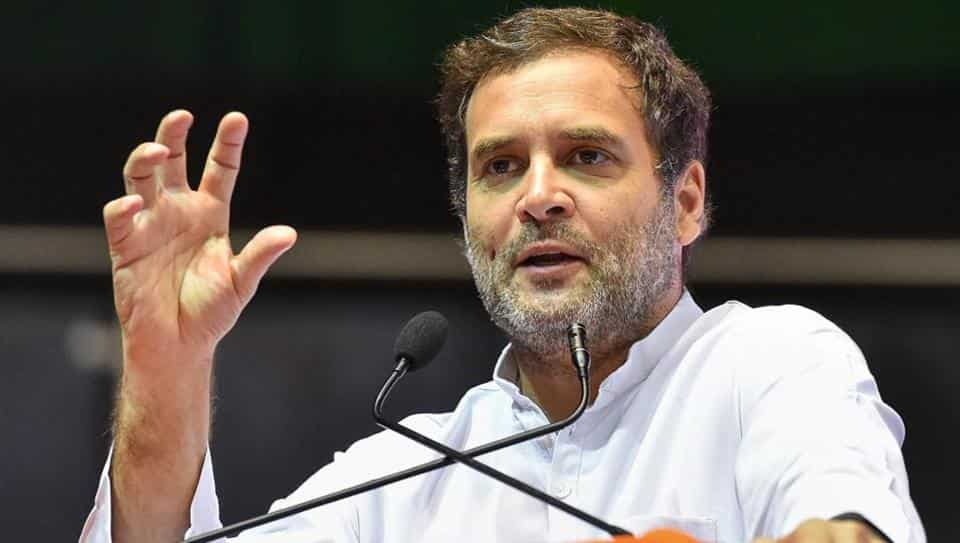
On Constitution Day, Congress leader Rahul Gandhi launched a scathing attack on Prime Minister Modi, accusing him and the RSS of working against the principles of the Indian Constitution. He stressed the importance of understanding and upholding its values, and reiterated Congress' commitment to conducting caste-based censuses in states where they are in power. Gandhi also highlighted the need for representation of marginalized communities in fields like education and media to dismantle systemic discrimination.